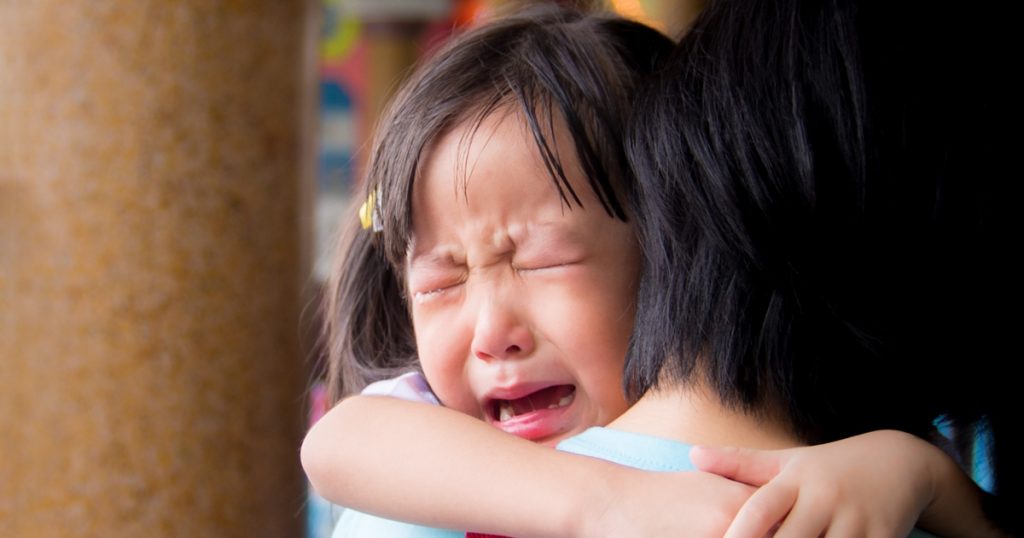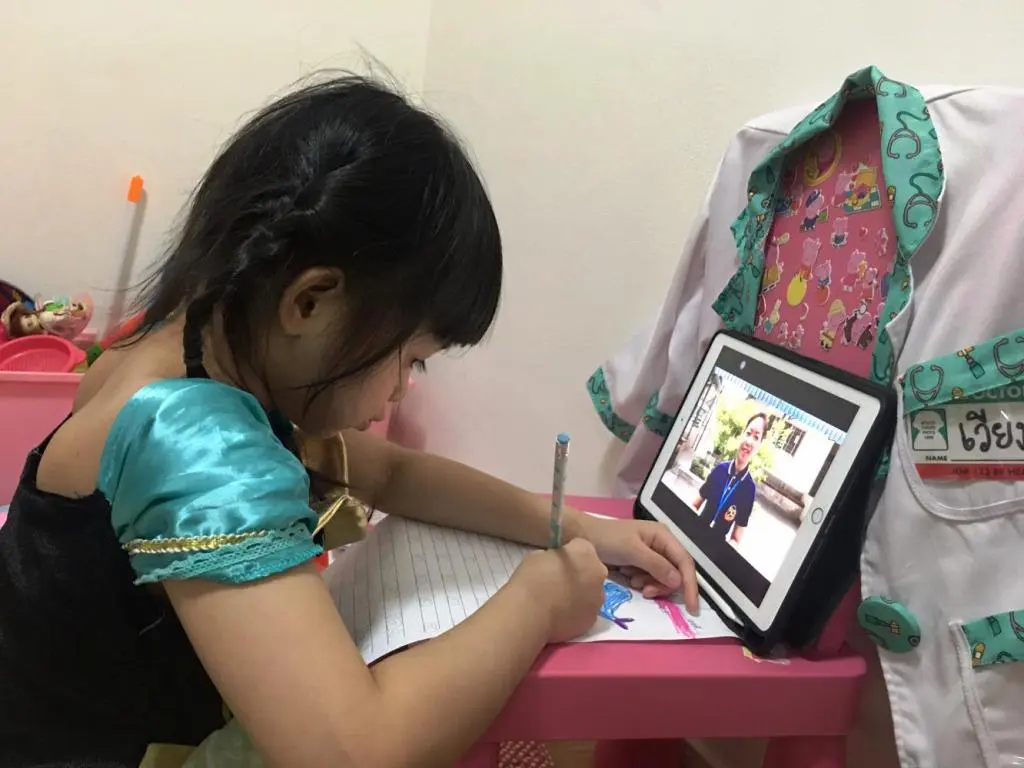The current child abuse scandal at a girls’ orphanage in central Thailand serves as a wake-up call for fundamental reform of state orphanages to safeguard the safety and well-being of vulnerable children in government-run shelters.
A psychologist at the welfare home eventually decided to blow the whistle because she could no longer tolerate such inhumane treatment of vulnerable children. In response to her complaint, an investigation was launched and the welfare home’s director along with some of her team members were transferred.
Beatings, hair chopping, imprisonment, locking the children in dark rooms, tying their wrists and feet, and forcing them to sleep in restrooms were all part of the horrific mistreatment at the Saraburi Girls Orphanage.
These tragic events highlight the orphanage system’s inadequacy to supervise and protect children, leaving them at the whim of their carers.

In four buildings, the Saraburi Girls Orphanage houses 280 girls. The abuse occurred in one of these homes, where carers used violence to control children. While the orphanage director has been replaced and legal action has been taken against the abuser, the Saraburi Orphanage violence is only the beginning.
Over 120,000 children live in orphanages and temples across the country, with no control or protective systems in place. Children are vulnerable to many sorts of maltreatment if local communities are not involved.
Article 7 of the Convention on the Rights of the Child states that children should be cared for and nurtured by their parents. When parents are missing or unable to offer care, orphanages take on the role of a substitute family.
However, most state orphanages function in a prison-like setting, depriving children of essential independence, creativity, and genuine family bonds.
The Department of Children and Youth must implement a child-centered approach that priorities the best interests of the child. The current focus of orphanages is on bureaucratic regulations and budgetary issues.
Following that, orphanages must establish clear standards and norms for carers to follow in order to prevent child abuse. For students, the Education Ministry allows only four forms of disciplinary measures: verbal warnings, parole, behaviour point deductions, and participation in behavior-changing programmes.

Child development psychologists must be included in the design of these sanctions. Orphanages should be treated similarly.
Furthermore, orphanage workers must be trained in child care and child psychology in order to be equipped with the essential knowledge and abilities, particularly for traumatized children. Carers’ transient contracted contracts prohibit them from gaining training and career growth.
The majority of the girls at the Saraburi Orphanage come from problematic families with drug and domestic abuse issues. They wind up in state-run orphanages that cannot provide proper care due to a lack of support and intervention from families and the community. This is a frequent occurrence at various orphanages across the country.
The Ministry of Social Development and Human Security’s silo management also impedes effective care. The Department of Children and Youth is only concerned with children and does not handle parental rehabilitation.
Meanwhile, the Department of Women’s Affairs and Family Development is concerned with women and gender equality. Children are stuck in authoritarian institutions with no hope of returning home until inter-agency coordination and parental rehabilitation are implemented.
A strong community capable of resolving family issues and caring for needy children can make a difference. Local government assistance and collaboration between social welfare and district officials are critical for prompt intervention to keep children from being placed in orphanages.
Despite the recent incident, the Saraburi orphanage was a success story because to the efforts of volunteers to help the children reach their full potential. Unfortunately, authorities have not provided appropriate support for these attempts.
Anuchit Kitvanitsathian, a former national team cyclist, volunteered to teach the girls how to cycle in 2016. Several honours were bestowed upon the girls. Some even made national teams and played in international competitions. Those who were legally stateless, on the other hand, were unable to participate, requiring a collaboration between the orphanage and the Saraburi municipality to change the children’s statuses. As a result, those who met the qualifications were granted Thai citizenship.
The assault at Saraburi Girls Orphanage shows the critical need for reform across the country. Equally important, other care options for orphans and abandoned children, such as foster care, kinship care, and community-based solutions, should receive more state support because, when compared to life in state shelters, they better meet each child’s unique needs for emotional stability and a sense of belonging.
New Study Shows Child Abuse May Alter Neurons in Brain


